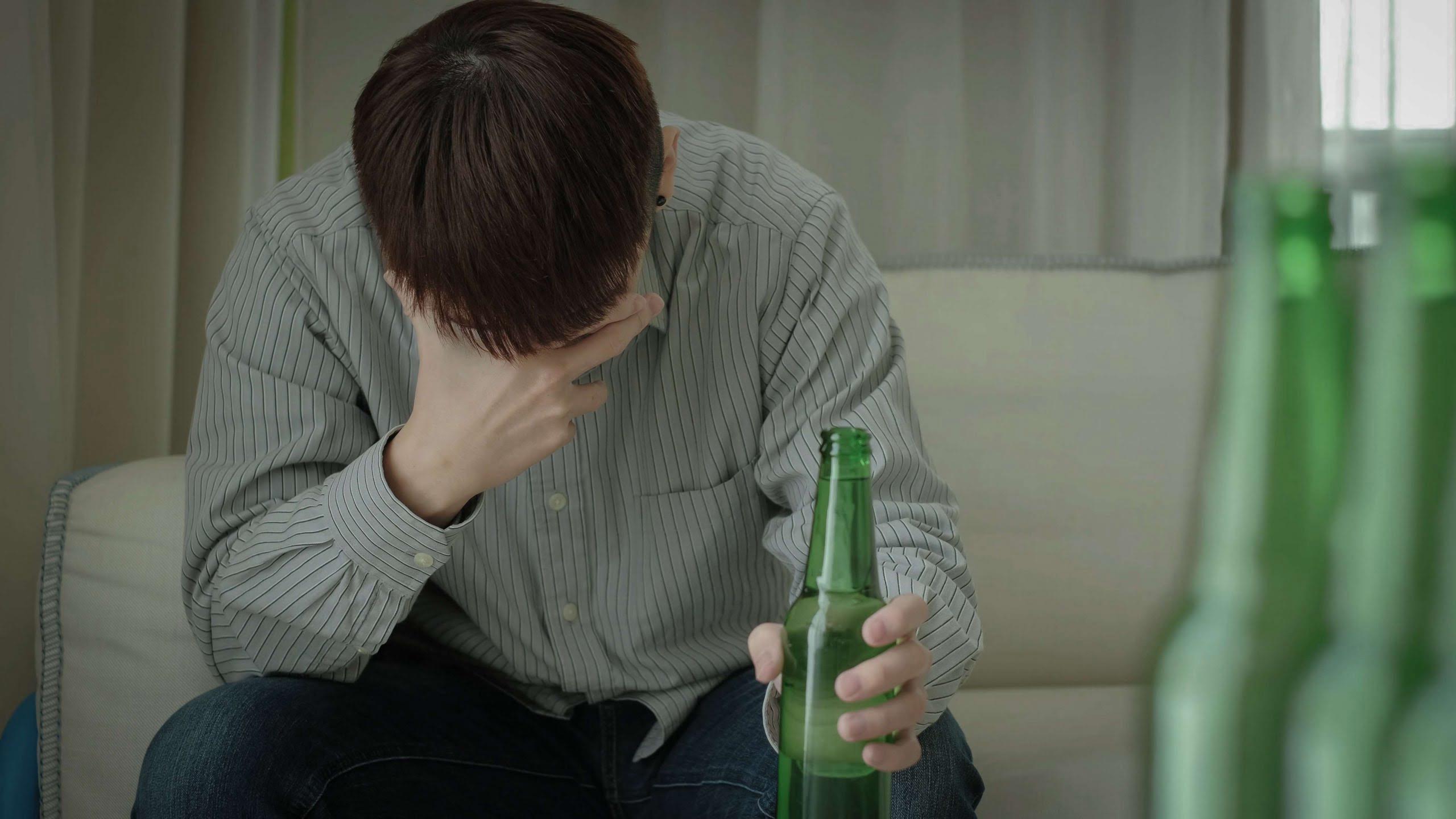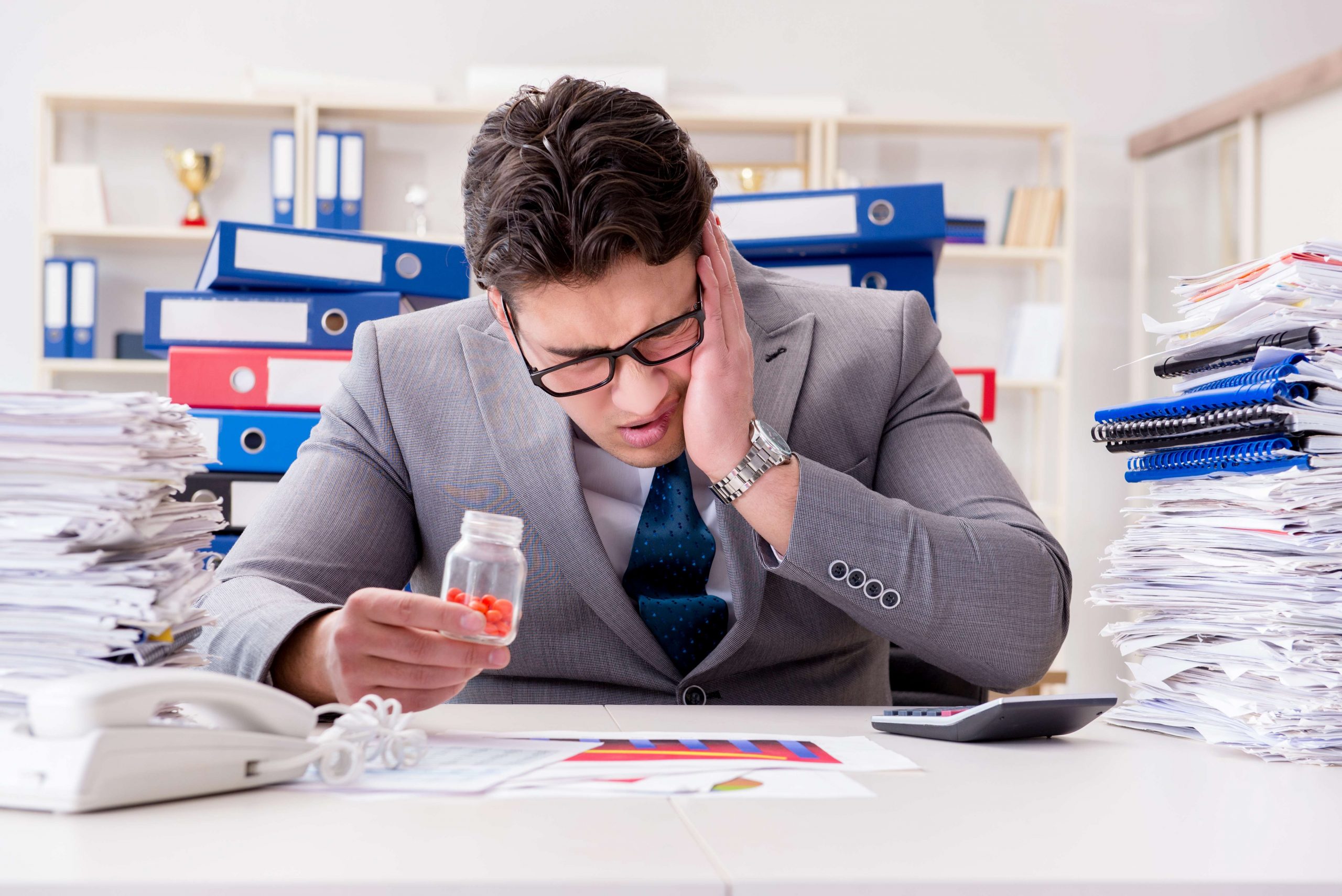In the fasting state, as a first line of defense against hypoglycemia, glycogen is broken down into its constituent glucose molecules, which are secreted by the liver into the blood to maintain normal or near-normal blood sugar levels. Thus, a person who has been drinking alcohol and not eating for 1 or more days has exhausted his or her glycogen supply. Type 2 diabetes, which in most cases develops in people over age 40, has a somewhat different pathophysiology than type 1. People with type 2 continue to produce insulin in early disease stages; however, their bodies do not respond adequately to the hormone (i.e., the patients are resistant to insulin’s effects). Thus, insulin does not lower blood sugar levels to the extent that it does in people without diabetes. For example, obesity, inactivity, and cigarette smoking may worsen genetically determined insulin resistance.
Are there benefits to drinking alcohol with diabetes?
Although prevalence rates were typically around 50%, one study reported a prevalence rate of only about 20%; however, this was a qualitative study examining how university students define binge drinking (Clinkinbeard and Johnson, 2013). As such, participants were not directly asked whether they had experienced an alcohol-induced blackout, but rather participants were asked to describe binge drinking and then researchers categorized whether the responses described alcohol-induced blackouts. In addition to their prevalence rate of 54%, Barnett and colleagues (2014) found that college students reported experiencing an alcohol-induced blackout nearly once every five drinking weeks during the first year of college. Thus, alcohol-induced blackouts are not only common among those who consume alcohol, but also recur over time. Your liver releases glucose into your blood stream as needed to help keep your blood sugar at normal levels.
Cardiovascular Disease

1It is well beyond the scope of this review to assess the impact of alcohol on memory utilizing multiple perspectives on information processing and storage. For simplicity, this review will characterize the effects of alcohol on memory using a three-stage process of memory formation akin to the modal model. The interpretation of the effects of alcohol on memory likely would vary somewhat depending on the memory model one uses. Considerable evidence suggests https://pornotales.ru/search/%D1%81%20%D0%BC%D0%B0%D0%BC%D0%BE%D0%B9%20%D0%B8%20%D1%82%D0%B5%D1%82%D0%B5%D0%B9/ that chronic alcohol use damages the frontal lobes and leads to impaired performance of tasks that rely on frontal lobe functioning (Kril and Halliday 1999; Moselhy et al. 2001). To evaluate the effects of alcohol, or any other drug, on memory, one must first identify a model of memory formation and storage to use as a reference. This model often is referred to as the modal model of memory, as it captures key elements of several other major models.
Is there a specific type of alcohol that makes a person need to urinate more frequently?
- Food, on the other hand, is digested gradually, so it provides better protection against lows.
- As detailed in this brief review, alcohol can have a dramatic impact on memory.
- Unlike type 1 diabetes, which is unpredictable and most often develops very early in life, type 2 diabetes can develop through a mix of personal and lifestyle factors.
- In the deep encoding blocks, a sentence with a missing word appeared on-screen for 3000ms, followed by a target word below the sentence for an additional 3000ms.
- J.I.B. designed this substudy, undertook the statistical analyses, and wrote the initial drafts of the paper.
- Some beers, dessert wines, cocktails like Cosmopolitans, and other liquor-based drinks with mixers like soda, juice or sour mix are all high in sugar.
They explored the prevalence and correlates of this type of drinking behavior in 307 incoming freshman who reported consuming alcohol over the past 30 days. Nearly 77% of the incoming freshmen reported drinking alcohol in a pre-meditated, intentional manner with the goal of becoming intoxicated. Compared to those who did not drink to get drunk, individuals who reported drinking to get drunk were more likely to experience an alcohol-induced blackout. Further, consistent with the prepartying and drinking games studies described previously (LaBrie http://moyby.com/news/166532/ et al., 2011; Ray et al., 2014; Wahl et al., 2013), individuals who reported drinking to get drunk were also more likely to have prepartied and participated in drinking games. This is particularly true for people with type 1 or type 2 diabetes who are taking insulin or a medication that lowers blood glucose. For type 2 patients who are taking medications like metformin–which simply reduces the amount of glucose released from the liver, rather than increasing your insulin production–it’s unlikely that alcohol would cause low blood sugars.
Why a person might wet the bed after drinking alcohol
During this test, a person lies down on a board that moves to change their position while healthcare professionals measure their blood pressure and heart rate. If a person is experiencing syncope blackouts, a doctor may request an electrocardiogram (EKG) to see whether there are any underlying problems with the heart. A doctor may prescribe fludrocortisone to reduce blackouts in people who experience neurally mediated syncope.
Why your glucagon kit might not help while drinking

As Goodwin observed in his work with alcoholics (1969b), fragmentary blackouts occurred far more often than en bloc blackouts, with four out of five students indicating that they eventually recalled bits and pieces of the events. Roughly half of all students (52 percent) indicated that their first full memory after the onset of the blackout was of waking up in the morning, often in an unfamiliar location. Many students, more females (59 percent) than males (25 percent), were frightened by their last blackout and changed their drinking habits as a result. An alcohol-induced memory blackout (MBO) is a transient amnesic event during which the individual remains conscious in the environment but loses the capacity to form long term episodic memories (i.e., memories for lived events and experiences).
- Future work may focus on quantitative measures of sleep quality affected by alcohol.
- Furthermore, UK definitions of binge-drinking suggest 6 or more units in any one session (for females, 8 units for males) constitutes a binge-drinking episode.
- Based on his observations, Ryback concluded that a key predictor of blackouts was the rate at which subjects consumed their drinks.
- The current study is one of the largest to explore the relationship between alcohol consumption and vascular outcomes and mortality in patients with type 2 diabetes.
- Another 2015 study suggests that overconsuming sedatives could cause memory loss.
- The two subjects who did not black out, despite becoming extremely intoxicated, experienced slow increases in blood alcohol levels.
In those patients, the immune system attacks certain cells of the pancreas, called beta cells. (For more information on the structure and function of the pancreas, see textbox, p. 213.) Beta cells produce insulin, one of the two major hormones involved in regulating the body’s blood sugar levels and other metabolic functions. Most importantly, insulin leads to the uptake of the sugar glucose into muscle and fat tissue and prevents glucose release http://justclickit.ru/actors/index.php?image=Brian_Benben from the liver, thereby lowering blood sugar levels (e.g., after a meal) (see figure). As a result of the immune system’s attack, the beta cells can no longer produce insulin. Because insulin is a key metabolic hormone, insulin deficiency leads to major impairment of the body’s regulation of carbohydrate, lipid, and protein metabolism. Alcohol interacts with several other drugs, many of which are capable of producing amnesia on their own.
Alcohol And Diabetes – How Does Alcohol Affect People With Diabetes?
LDL cholesterol levels tend to be lower in alcoholics than in nondrinkers (Castelli et al. 1977), suggesting that chronic alcohol consumption may have a beneficial effect on cardiovascular risk. However, Lin and colleagues (1995) reported that the LDL cholesterol in alcoholics exhibits altered biological functions and may more readily cause cardiovascular disease. The researchers found that the levels of vitamin E, an agent that in part is bound to LDL cholesterol and which may decrease the risk of cardiovascular disease, also are lower in alcoholics than in nonalcoholics. Those observations suggest that the reduced levels of vitamin E in alcoholics actually may have harmful long-term effects.
Alcohol slows down activity in the brain and throughout the body and can cause numerous effects from a feeling of relaxation to drowsiness and decreased coordination. Take our free, 5-minute alcohol abuse self-assessment below if you think you or someone you love might be struggling with alcohol abuse. The evaluation consists of 11 yes-or-no questions that are intended to be used as an informational tool to assess the severity and probability of an alcohol use disorder. The test is free and confidential, and no personal information is needed to receive the results. Furthermore, if you have been drinking heavily, there may be a risk of hypos for up to 16 hours (or even more) after you have stopped drinking.
